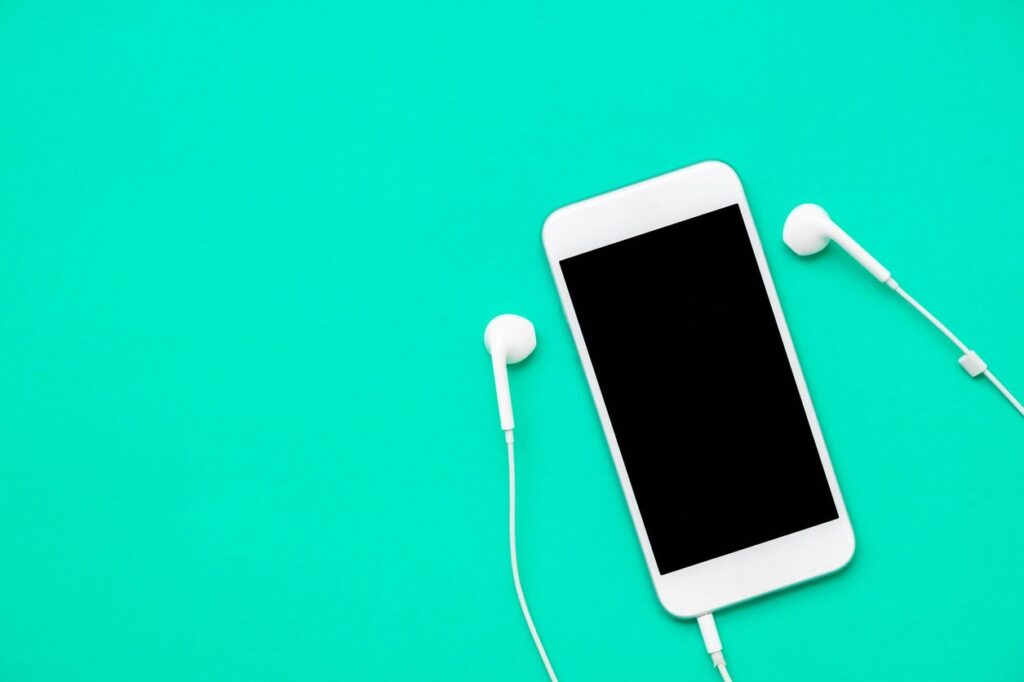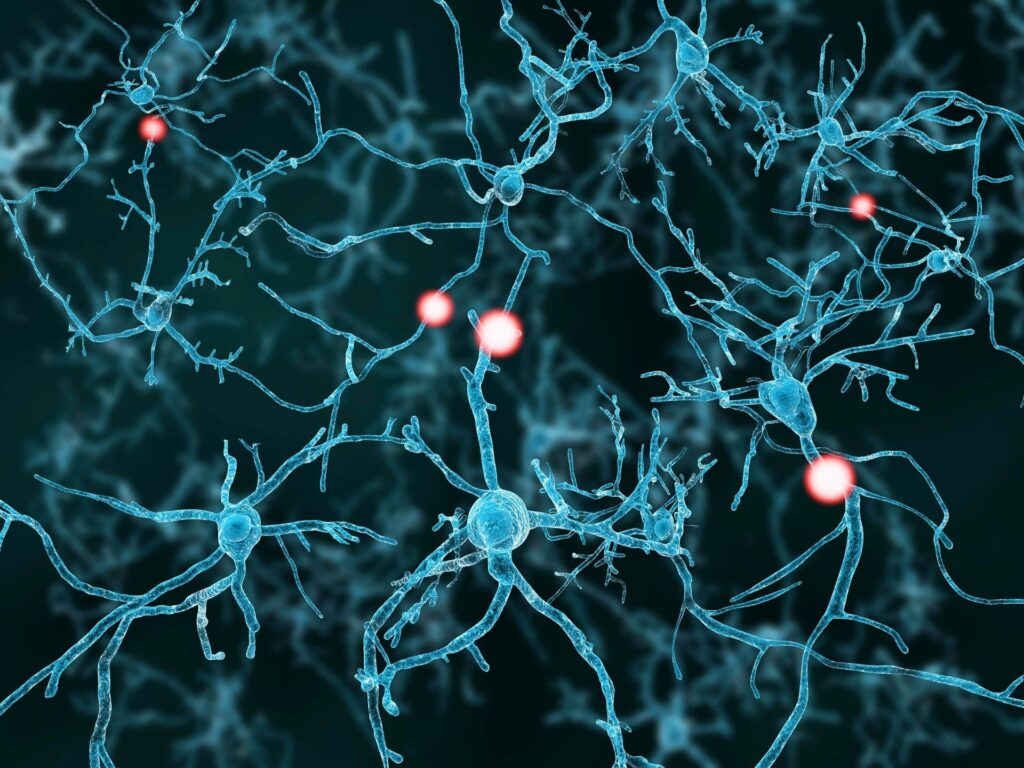Posts Tagged ‘Memory’
Is Exercise and a Nap the Magic Combination for Memory?
Working out and lying around snoozing might seem like activities that are opposites, but sleep and exercise have at least one thing in common: they can potentially boost memory. The cognitive benefits of naps have led some people to suggest that high schools should have nap time, while exercise carries a variety of benefits for…
Read MoreWorking Memory Training Might Help With Regulating Emotions
Working memory is a type of memory that, well, does a lot of work. It’s the type of memory you use when you’re doing a task and you need to keep relevant information in your mind. Needing to keep information in your mind is, of course, something that happens frequently in a wide variety of…
Read MoreAre Bad Memories Useful?
Our memories about our own lives are one of the primary ways we make sense of who we are and how the world works. As I’ve written about before, there are at least three ways people tend to make use of their autobiographical memories: Guiding future behavior by learning from the past Creating a sense…
Read MoreGeneral Language Skills Might Help With Learning Programming Languages
Is learning a programming language like learning any other kind of language? Intuitively, you might expect the answer to be no. Programming languages are made up of different components than natural languages, and they’re used for a different purpose. But a new study from researchers at University of Washington suggests that to some extent the…
Read MoreSwitching Off Your Phone Half an Hour Before Bed Might Improve Sleep, Memory
I’m not going to bother telling you not to use your phone before bed. Partly because you’ve probably heard that advice before, and partly because it would be hypocritical of me to do so! But I am going to highlight the results of a study that shows what might happen to people who do and…
Read MoreUnderstanding “Saw but Forgot” Traffic Collisions
It’s easy to dismiss traffic collisions as being the result of inattentive or reckless drivers. But a common and more troubling phenomenon is when a driver reports they were paying attention and scanned their surroundings, but still ended up turning in front of an oncoming vehicle. A recent study by psychologists in the UK investigated…
Read MoreMeditation Apps Can Improve Attention, Memory
It’s sometimes said that our modern tech-driven, smartphone-oriented culture is making us all more distractible and less mindful. So how do meditation apps fit into that criticism? After all, they’re an example of people using technology with the goal of becoming less scattered and more mindful. A recent study led by researchers from University of…
Read MoreSynesthesia and Aging
The cross-sensory associations of synesthesia are still something of a mystery. We know that some people link letters with colors, or sounds with tactile sensations, but the broader implications of having synesthesia are less clear. Synesthesia has been found to correlate with certain psychological and neurological traits that it doesn’t otherwise have an obvious connection…
Read MoreSocial Media Use Today Could Mean Memory Slips Tomorrow
Go on a Facebook binge, and the consequence might be … I’m sorry, where was I? A new study by researchers at the University of Michigan implicates social media usage in higher rates of everyday memory failures such as forgetting whether you’ve already done something, or what it is you were going to do for…
Read MorePracticing Music Is Associated With a Sharper Brain Later in Life
If you want your brain to stay in good form as the years add up, be sure to keep a healthy diet, exercise frequently, and … play a musical instrument? A new meta-analysis of studies on the link between music and cognitive health has concluded that regularly practicing a musical instrument correlates with enhanced cognitive…
Read More









